Hanoi Department of Health announced the recall of Rabewell-20 enteric-coated tablets due to failure to meet quality standards.
Hanoi Department of Health announced the recall of Rabewell-20 enteric-coated tablets due to failure to meet quality standards.
Specifically, Rabewell-20 enteric-coated tablets (Rabeprazole Sodium), GĐKLH number: VN-13640-11, batch number: ME23A40, manufacturing date: January 18, 2023, expiry date: January 17, 2026, manufactured by The Madras Pharmaceuticals (India), imported by A My Pharmaceutical Company Limited; distributed by My Anh Trading and Service Joint Stock Company. The drug does not meet the quality requirements of quantitative indicators.
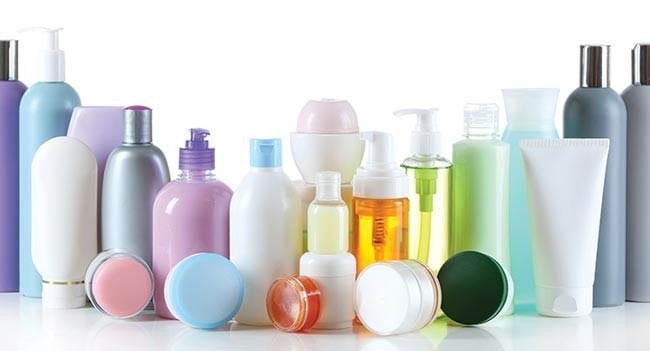 |
| Illustration photo. |
Hanoi Department of Health requests My Anh Trading and Service Joint Stock Company to completely recall Rabewell-20 Enteric-coated Tablets (Rabeprazole Sodium), GĐKLH Number: VN-13640-11, Lot Number: ME23A40, Manufacturing Date: January 18, 2023, Expiry Date: January 17, 2026; send a recall report and recall records according to regulations.
In addition, public health facilities under the sector, non-public health facilities, drug trading enterprises, and drug retail establishments in the area urgently review and recall the batches of drugs that do not meet the above quality standards.
The Health Department of districts, towns and cities shall notify the medical establishments under their management; conduct inspections and supervise the implementation of the recall by the establishments (if any).
Previously, the Hanoi Department of Health issued a document announcing the suspension of circulation and nationwide recall of 4 skin whitening and melasma prevention cosmetic products that did not meet quality standards.
Specifically, the products required to be recalled include: Whitening cream, sunscreen SPF 30, brand SH Today Hai Duong Cosmetics, 10g box, manufactured on March 4, 2024, expiry date 3 years from the date of manufacture, manufactured by Hai Duong Cosmetics Production and Trading Company Limited (Ho Chi Minh City).
This product is recalled because the test sample did not meet quality standards, containing Methylparaben and Propylparaben, which are not included in the formula ingredients that have been granted a Cosmetic Product Declaration Form.
The second product is 3 in 1 Melasma Cream, SH Today Hai Duong Cosmetics brand, 15g box, manufactured on November 22, 2023, expiry date 3 years from the date of manufacture, also manufactured by Hai Duong Cosmetics Production and Trading Company Limited in Ho Chi Minh City.
This product is recalled because the test sample did not meet quality standards, contained Propylparaben, which is not included in the formula ingredients that have been granted a Cosmetic Product Declaration Form.
Skin whitening cream to prevent melasma, Bao Xinh brand, 12g box, manufactured on November 1, 2024, expiry date 3 years from the date of manufacture, manufactured by Bao Xinh Cosmetics Joint Stock Company (Hau Giang), was also recalled because the test sample did not meet quality standards, containing Phenoxyethanol, a substance not included in the formula ingredients that have been granted a Cosmetic Product Declaration Certificate.
Finally, the product Sunscreen and skin care cream, Su Tien brand, 8g box, manufactured on February 20, 2024, expiry date until February 20, 2027, manufactured by Anh Dao Cosmetics Production Company Limited (Kien Giang), was also recalled because the test sample did not meet quality standards because it contained Salicylic Acid, which is not included in the formula ingredients that have been granted a Cosmetic Product Declaration Certificate.
The Hanoi Department of Health requires cosmetic businesses and users in the area to urgently review and immediately stop selling and using the above product batches.
Facilities must return products to suppliers and recall all substandard products. The Department of Health will monitor and inspect the recall of cosmetic businesses and users in the area.
Regarding drug quality, according to the World Health Organization (WHO), about 11% of medicines in developing countries are counterfeit and may be the cause of death for tens of thousands of children each year from diseases such as malaria or pneumonia.
Through 100 studies involving 48,000 types of medicine, experts concluded that among counterfeit medicines, drugs for treating malaria and infections accounted for nearly 65%.
In Vietnam alone, the recent situation of counterfeit and poor quality drugs has caused many people to worry. Statistics from the Central Institute for Drug Control show that in 2021, the national testing system tested the quality of over 500 new pharmaceutical active ingredients and 300 medicinal herbs; 338 samples were found to be substandard.
Specifically, 118/28,659 domestic drug samples did not meet quality standards (accounting for 0.41%) and the rate for imported drugs was 26/3,042 foreign drugs (accounting for 0.86%). In addition, through testing, 20 drug samples suspected of being counterfeit drugs were detected, an increase of 11 samples compared to the same period last year.
It is known that the National Strategy for the Development of the Vietnamese Pharmaceutical Industry to 2030 and Vision to 2045 sets the goal that by 2030, 100% of drugs will be proactively and promptly supplied for disease prevention and treatment needs; ensuring drug security, meeting the requirements of national defense, security, disease prevention and control, overcoming the consequences of natural disasters, catastrophes, public health incidents and other urgent drug needs.
Domestically produced drugs strive to meet about 80% of the demand for use and 70% of the market value. Continue to strive to achieve the goal of producing 20% of the demand for raw materials for domestic drug production. Domestically produced vaccines meet 100% of the demand for expanded immunization and 30% of the demand for service immunization.
Vietnam strives to become a center for high-value pharmaceutical production in the region. Receive technology transfer, coordinate processing and technology transfer to produce at least 100 original branded drugs, vaccines, biological products including similar biological products and some drugs that Vietnam cannot produce yet.
Source: https://baodautu.vn/thu-hoi-thuoc-rabewell-20-khong-dat-tieu-chuan-chat-luong-d247650.html










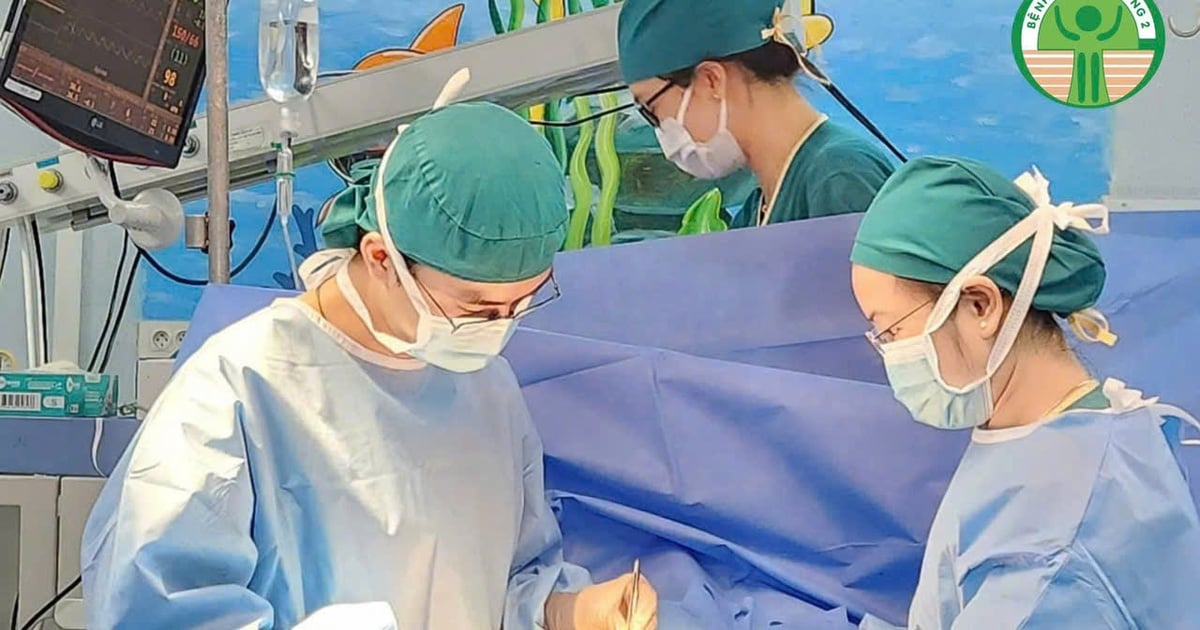



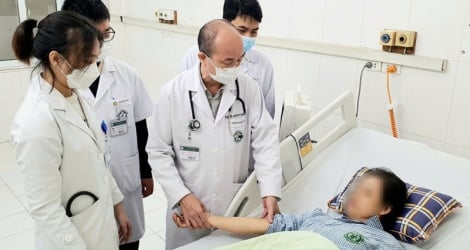

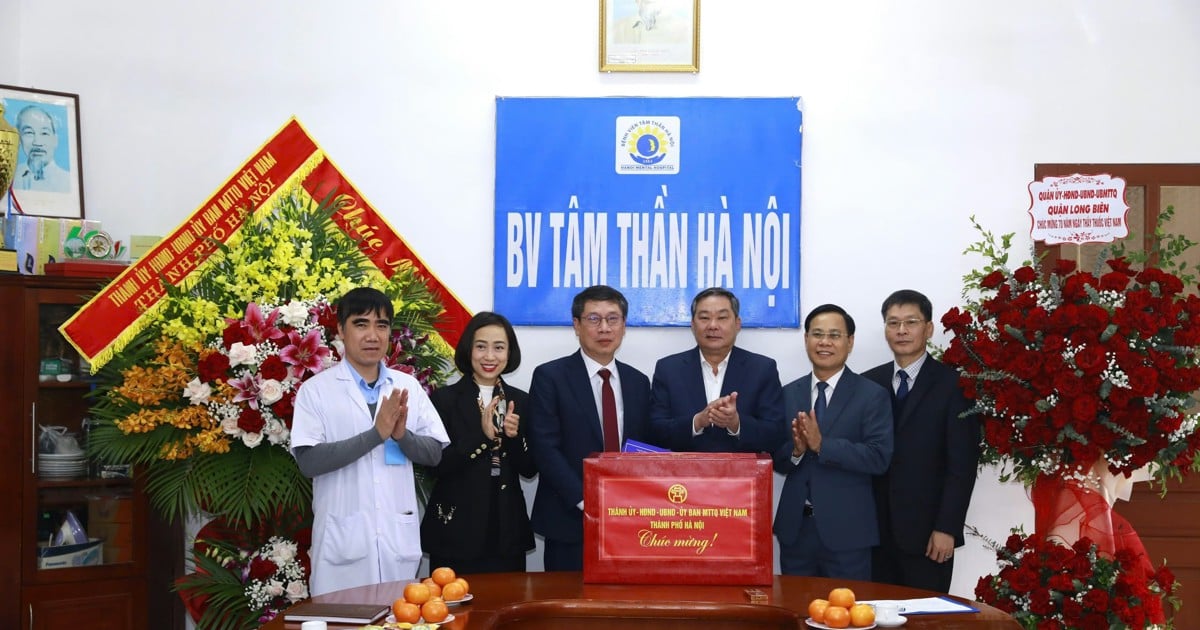

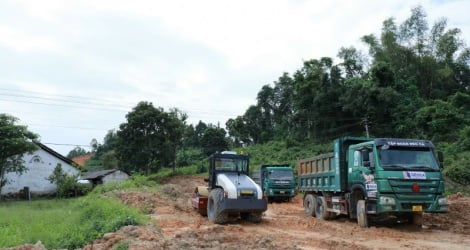
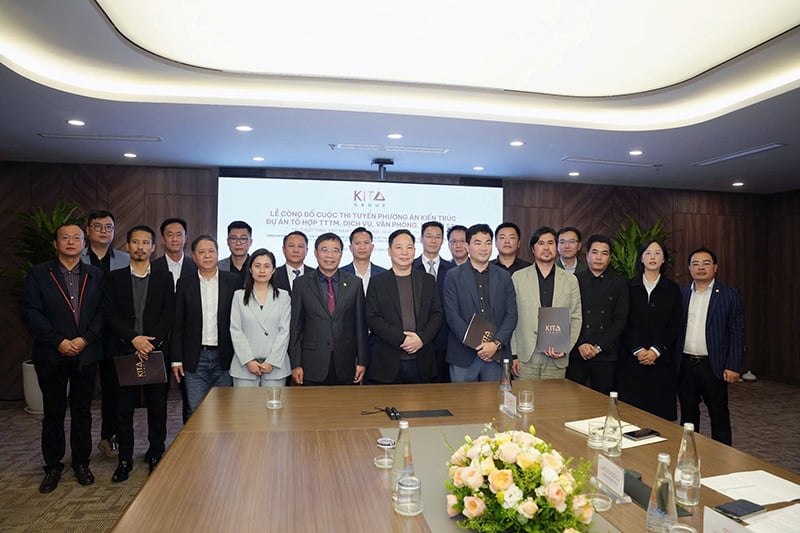


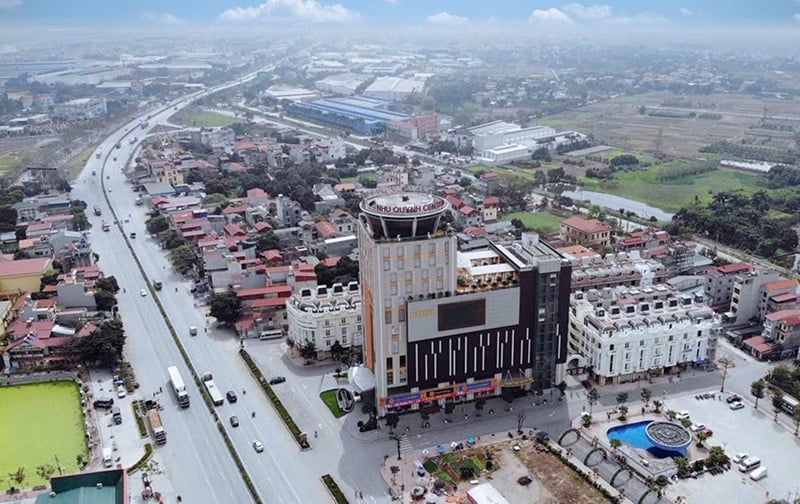













Comment (0)